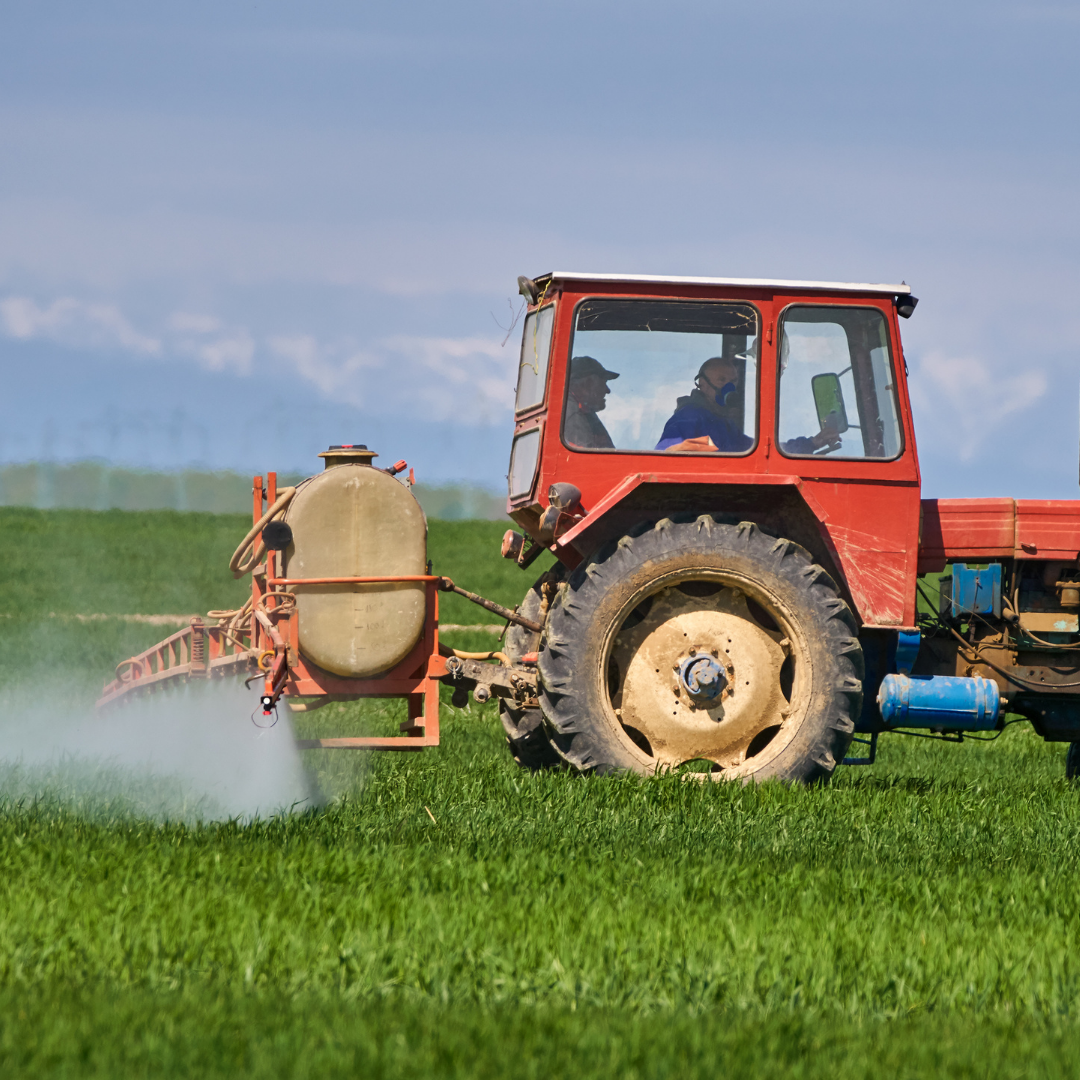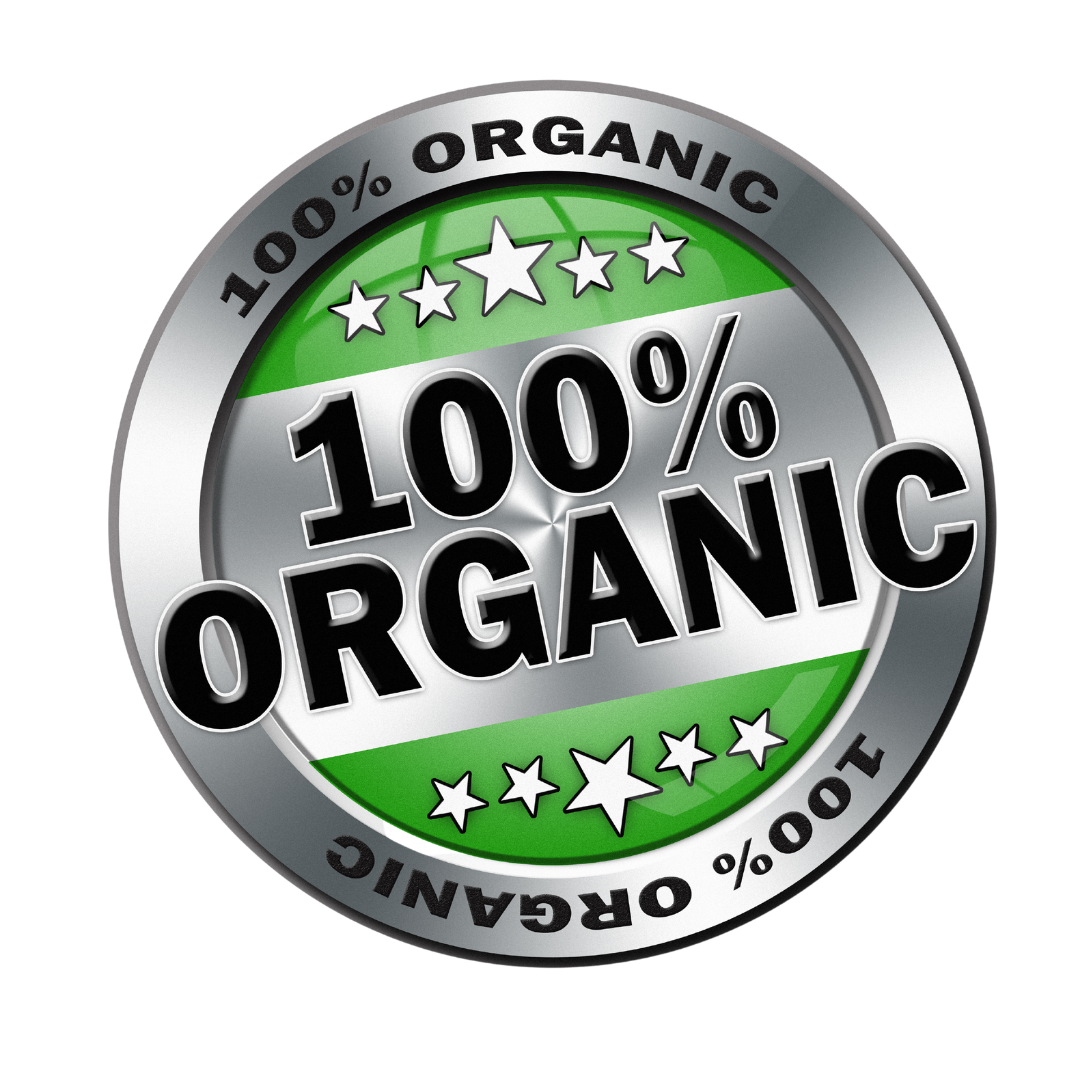DID YOU KNOW ?
ORGANIC fruits & veggies host pesticides, handling residue, soil, and bacterial decay.
Many people believe that organic produce does not contain pesticides, which is a common misconception.
The organic food production industry is proving to be an increasingly profitable category of food sales. In fact, for the forecast period of 2021 – 2026, the trend in the organic food market is expected to grow at a CAGR of about 20.5% to reach about USD 2601 million by 2026. (1)

It has been said that 62% of Americans reveal they would choose organic if it were more affordable. Why is there such an increase of interest in consuming organic foods?
It is a common conception among consumers that "organic" means sustainable, pesticide-free, safer and that those food products labeled, "organic" are healthier and more nutritious than conventionally processed foods.
Due to the lack of consumer education, consumers are unaware of the true meaning of organic. The dictionary definition of organic, when describing food, is, “Grown or made without the use of artificial chemicals” (Merriam-Webster, 2012).
The USDA however has many definitions and separate regulations surrounding organic foods, which, unfortunately, allow for a large spectrum of farming practices.

The first and biggest misconception of consumers is that "organic food" means that farmers and food producers do not use pesticides.
That is not true; organic food and organic produce have indeed been treated with chemicals.
According to the Farmer's Almanac (March 2021), "organic" farmers and food producers are able to use over 20 chemicals in order to help keep those crops pest-free. Even though the pesticides available to organic food producers seem to be "healthier," they are claimed by the Environmental Protection Agency (EPA) as a pesticide. A complete list of allowed substances and natural prohibited substances can be found here.
A second misconception among consumers about organic food is that some perceive organically produced food to be more nutritious than conventionally processed food. This subject has been debated by many. In an interesting a study done by Stanford University, the researchers found no evidence that organic foods are more nutritious or better for you than conventionally processed foods. Another study revealed, yet again, “[t]he published literature lacks strong evidence that organic foods are significantly more nutritious than conventional foods” (Smith-Spangler et al, 2013, p348).

Another misconception is that an "organic label" really means 100% organic food. Yep, you guessed it - this is not true. According to USDA rules, the majority of ingredients within a product must be organic for the product to qualify for the organic label. The current minimum is 70%. So, what this really means is you want true organic food, you’ll need to begin a garden or read labels very carefully. Look for the 100% organic label to make sure that all ingredients are truly "organic".
As you can see there are many misconceptions about organically processed farming and consumers need to be aware of what they are eating.
Sources:
-
- India Organic Food Market Size, Share, Analysis, Report 2022-2027 (expertmarketresearch.com)
- Organic Food Statistics About the 2020 Market (Infographic) (healthcareers.co)
- 5 Myths About Organic Food You Might Not Know - Farmers' Almanac (farmersalmanac.com)
- Are Organic Foods Safer or Healthier Than Conventional Alternatives?: A Systematic Review: Annals of Internal Medicine: Vol 157, No 5 (acpjournals.org)
- Are organic foods safer or healthier than conventional alternatives?: a systematic review - PubMed (nih.gov)







